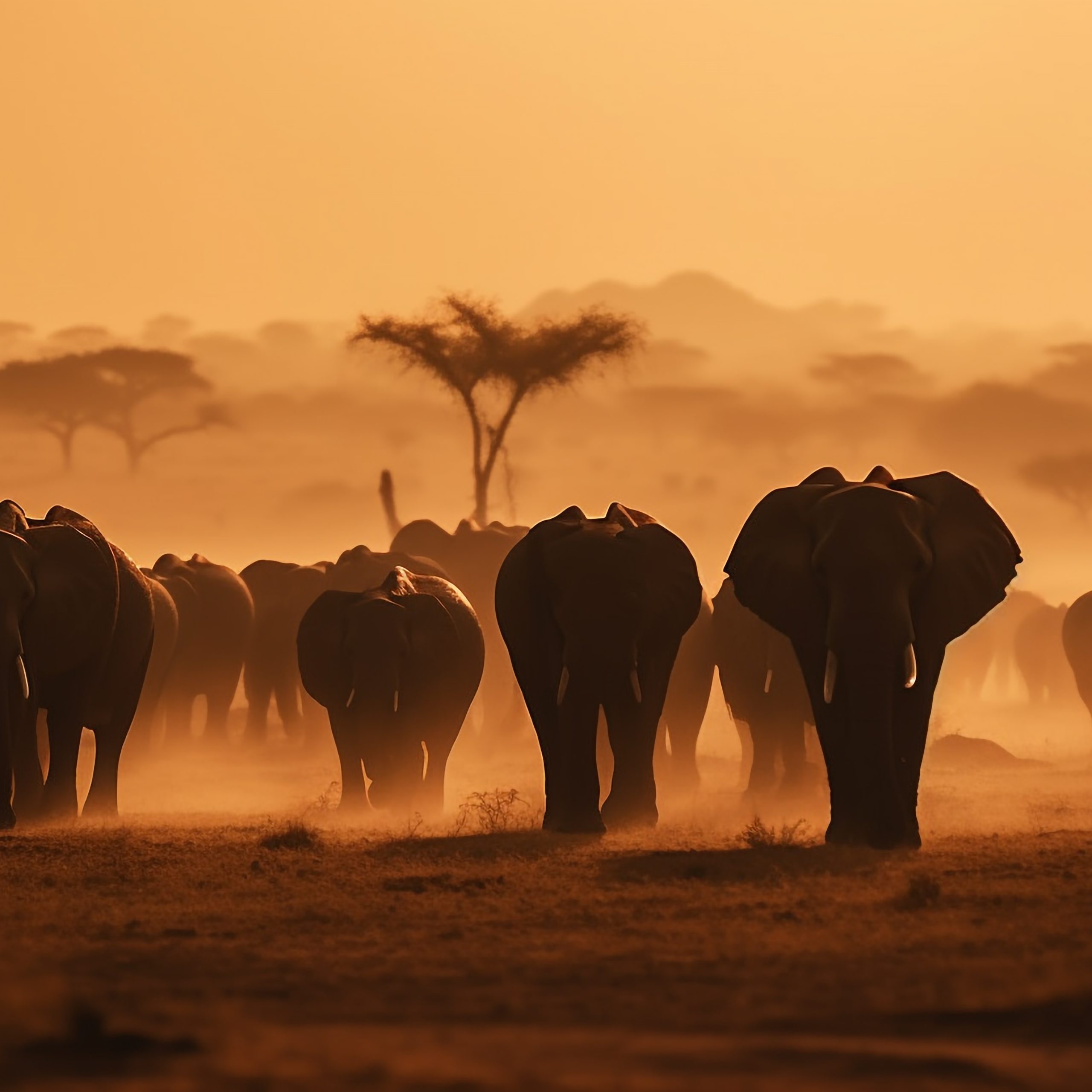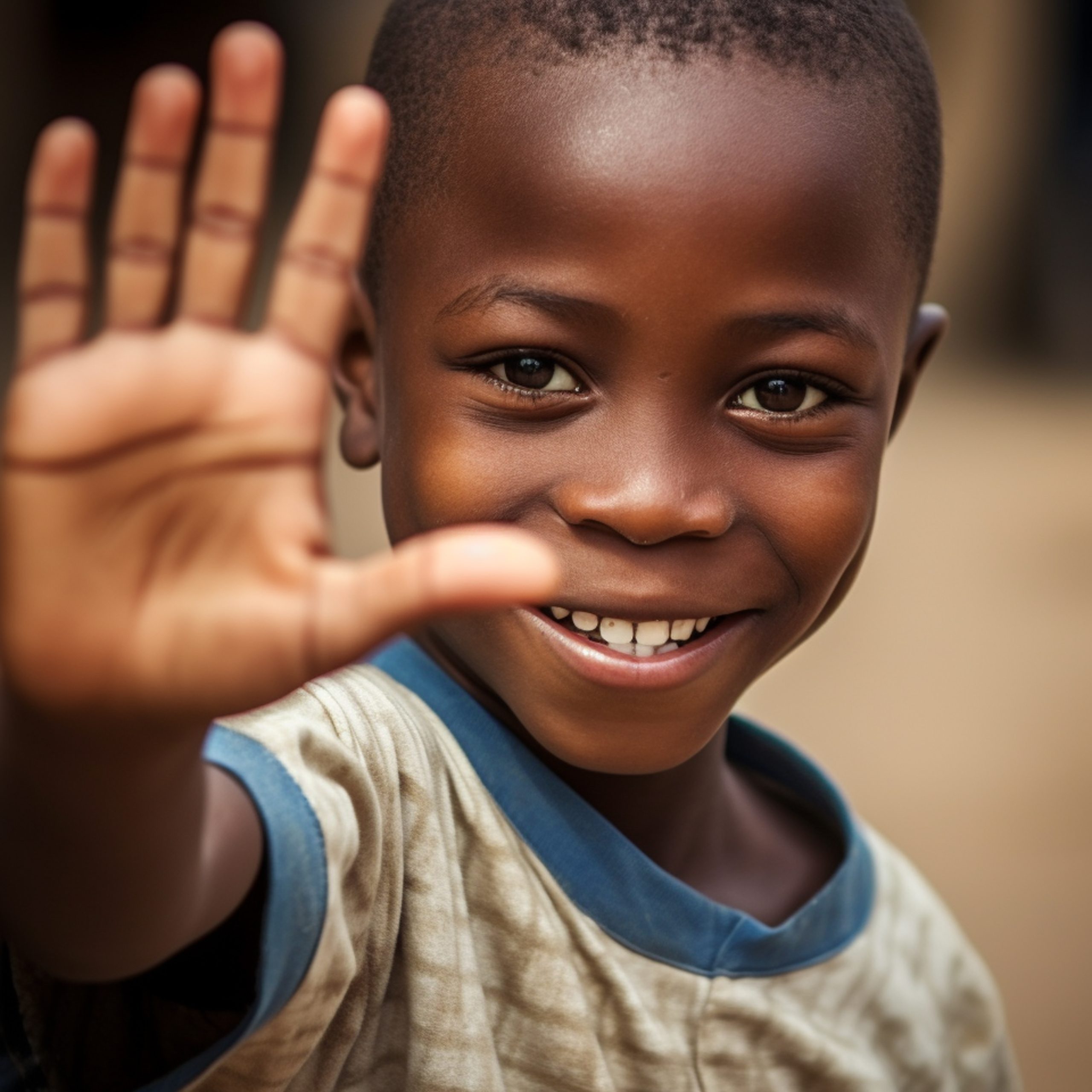STRIVING FOR CAREER EQUILIBRIUM: WORK-LIFE BALANCE HURDLES IN THE DRC
By Reagan Baseya Mbungu updated on may 24, 2024
The concept of work-life balance has long been a challenging aspect for workers. Some view themselves as workaholics, striving to excel in their careers, while others immerse themselves in work to meet various responsibilities like caring for their families and financial needs, or as a means of escaping difficult daily lives. In a country like DRC,where the average Congolese struggles to survive on less than $1 a day and the accepted basic salary is $70 per month, many workers are compelled to seek additional sources of income at the expense of their health and well-being, neglecting their own quality of life in the pursuit of a better one.
The ideal Congolese worker is often perceived as someone who is always available, stays late at work, and seems to have no life outside the office. Those who display a contrary behavior by seeking work-life balance are often seen as lacking motivation or dedication, which has hindered some from enjoying a fulfilling family life, moments with loved ones, and good mental health.
This unbalanced lifestyle has become a norm, passed down as a generational way of life. Requesting a more balanced life that combines work and personal life is seen as a luxury, and those who manage to achieve it are sometimes deemed lazy or ungrateful. Work is viewed as an invaluable gift considering the job market challenges and employment difficulties in DRC.
The world has changed with a more aware population, particularly Generation Z, and an increased engagement with technology, as well as a better understanding of well-being, mental health, and time management, DRC might have a path to a better future equilibrium but still lags behind in fully adopting work-life balance in various companies. This is evident even after the effects of COVID-19 and its subsequent aftermath.

Utopia: Factors Hindering Work-Life Balance in DRC
DRC is very far away from completely achieving a work-life balance due to the different economic challenges that pose significant obstacles to achieving a holistic one. Additionally, entrenched cultural norms that glorify overwork as a sign of dedication and achievement impede the establishment of a harmonious work-life equilibrium. Furthermore, workplace expectations that require constant availability, long hours, and prioritize work over personal life create a work environment where attaining work-life balance is often viewed as a luxury rather than a necessity.
In the wake of the COVID-19 pandemic, job losses and reduced non-labor income have led to a decline in earnings for many households. Following the outbreak, many household heads or members found themselves without work. In Kinshasa, nearly half of them cited pandemic-related reasons for their work absence, with over 10% of households experiencing job losses among their members. A similar trend was observed in East DRC, where approximately a quarter of respondents reported COVID-19-related job losses in 2020.
Moreover, the tough job market and limited opportunities for lucrative employment in the DRC force many workers to take on multiple roles and work extensively, leaving little room for personal time and overall balance in their lives.
Those who are still working, consider work as the boon of life and will never have the courage to ask for a better environment and will continue to accept the work climate that may hurt their personal life and mental health, and this will lead to them never achieving the career equilibrium they deserve.
Gender disparities exacerbate this issue, as societal expectations lead to excessive burdens on working mothers, greatly hindering their ability to achieve and maintain a healthy work-life balance. Balancing the demands of motherhood alongside a professional career introduces an additional level of complexity for women. Over the past few decades, the increasing presence of women in diverse fields stands as a remarkable testament to their exceptional talent, discipline, and bravery.

The Impact of Work-Life Imbalance on Congolese
The life of every individual is often characterized by a series of challenges stemming from a lack of work-life balance. In DRC precisely, the repercussions of this imbalance are profound, affecting various aspects of an individual’s well-being and livelihood. From constant overwork to neglected personal lives, burnout, lack of self-care, and strained relationships, the consequences of a skewed work-life equilibrium can be detrimental.
It is important to delve into the intricate web of effects that work-life imbalance has on the Congolese populace, shedding light on how it impacts mental and physical health, as well as job performance.
Constant overwork is a prevalent issue among many Congolese workers finding themselves regularly putting in long hours, even on weekends and holidays. This relentless dedication to work leaves little time for rest, relaxation, or personal activities. As a result, individuals are deprived of the opportunity to nurture personal relationships, engage in hobbies, or pursue leisure activities. The toll of this continuous cycle of overwork is often evident in the form of burnout, a state of physical, mental, and emotional exhaustion induced by chronic stress and overwhelming work-related pressures.
Moreover, the lack of self-care practices exacerbates the situation further. Sometimes those who are frustrated become violent or sink into alcohol and stimulants to relieve themselves, which becomes harmful to themselves and those around them.
Failing to prioritize activities such as exercise, adequate sleep, and leisure time can lead to deteriorating physical and mental health. The consequences of neglecting self-care reverberate through all aspects of life, impacting not only the individual but also their relationships with family, friends, and loved ones. Strained relationships become a common phenomenon as work-related commitments take precedence over personal connections, leading to a sense of isolation and disconnection that can be dangerous in the long term.
In addition to its impact on physical health, work-life imbalance significantly influences job performance. While dedicating excessive time and energy to work, individuals may inadvertently diminish their productivity. Studies indicate that stress and other work-related mental health issues can reduce employees’ performance levels to around 72% of their potential. This decline in productivity is further compounded by the prevalence of mental health-related absences from work, averaging approximately eight days per year.
The generational impact of work-life imbalance is palpable, as the younger generation, represented by Gen Z, witnesses the repercussions through the lens of their parents. The desire to break free from the cycle of overwork and neglect is strong, as they understand the toll it takes on mental and physical health. Recognizing the importance of maintaining a healthy work-life balance, they strive to avoid perpetuating the same patterns that have plagued previous generations.

Congolese Workers Expectation from Government and Companies
As Congolese workers strive for a better work-life balance, they are looking towards both the government and companies to prioritize their overall well-being. Beyond the elements of career, social, community, health, and financial well-being, workers in Congo are hoping for a more holistic approach that encompasses various aspects of their lives.
In order to meet the expectations of Congolese workers, companies operating in the region need to focus on reimagining work-life harmony. Here are some key actions that companies can take to support their employees:
Encourage Disconnecting & Foster Social Connection
Companies should actively remind their teams to unplug, particularly during vacations. By providing explicit permission for employees to leave their work devices at home, organizations can help individuals truly disconnect from work-related stressors and recharge. This practice allows employees to fully immerse themselves in their personal lives and return to work feeling refreshed and energized.
Creating avenues for social connection within the workforce is also crucial for building a sense of community and camaraderie among employees. Virtual happy hours, birthday celebrations, and book clubs are effective ways to facilitate social interactions and strengthen relationships among team members. These initiatives not only enhance employee engagement and morale but also contribute to a positive work environment where individuals feel valued and connected to their colleagues.
Prioritizing employee well-being in this manner can lead to improved job satisfaction, retention rates, and overall organizational success in the long run.
Educate on Benefits
One fundamental aspect of promoting well-being in the workplace is ensuring that employees are aware of and understand the benefits available to them. Companies should make a concerted effort to educate their workforce on benefits such as sick leave and paid time off. However, it is not just about providing information; it also involves changing the ingrained mentality within some organizations that may guilt employees for utilizing their leave entitlements or coerce them into working during their time off due to a perceived power dynamic.
By educating employees on their benefits, companies empower their workforce to make informed decisions about their well-being. Employees who are aware of their entitlements are more likely to take the necessary time off to recharge, resulting in increased productivity, job satisfaction, and overall engagement.
Shape Company Culture & Prioritize Well-being
Shaping company culture to prioritize well-being is essential for creating a supportive and sustainable work environment. This involves regular check-ins with direct reports to assess their well-being and identify signs of overwhelm. By actively inquiring about employees’ mental and physical health, managers can demonstrate a genuine commitment to their team members’ well-being.
An “always-on” messaging culture, where employees feel pressured to be constantly available, can lead to burnout and decreased job satisfaction. By setting clear boundaries and emphasizing the importance of disconnecting from work, organizations can create a culture that values employees’ personal time and mental health.
Creating a positive work environment that values employee well-being requires a multi-faceted approach. Companies can implement policies that support work-life balance, such as flexible working hours or remote work options. Encouraging employees to take breaks, prioritize self-care, and seek support when needed. This contributes to a culture of well-being.
By implementing these practices and prioritizing the well-being of their employees, companies in Congo can create a more supportive and fulfilling work environment that meets the expectations of Congolese workers. Additionally, government policies that support work-life balance initiatives can further enhance the overall well-being of the workforce in the country.



